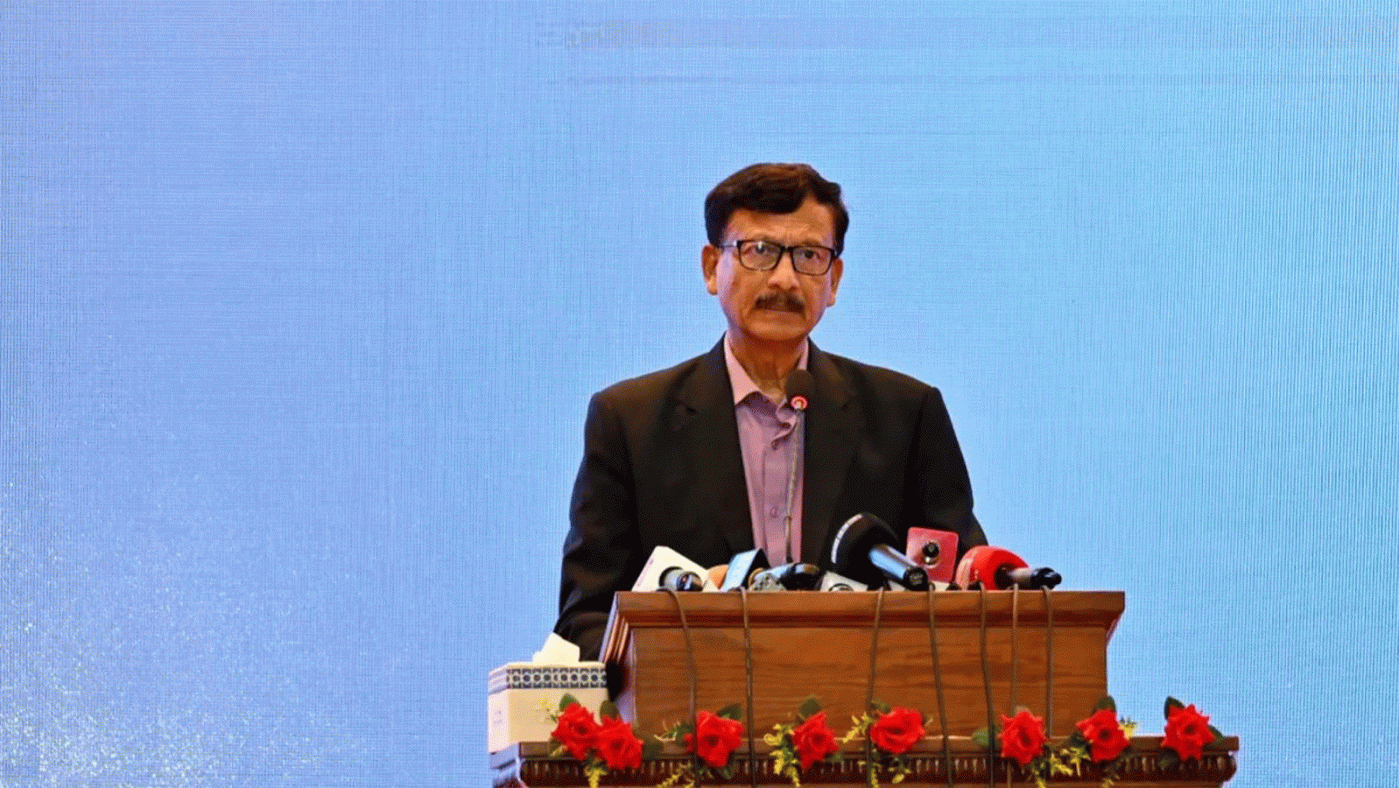Foreign Affairs Adviser Md Touhid Hossain on Sunday urged the international community to take concrete steps toward resolving the Rohingya crisis, warning that without decisive global engagement, the issue risks destabilising the entire region—not just Bangladesh.
Speaking at a strategic seminar in Dhaka, Hossain acknowledged that bilateral efforts with Myanmar have failed to yield results and are unlikely to do so under current circumstances. “We cannot abandon bilateral talks,” he said, “but it would be naive to expect repatriation to be achieved solely through bilateral negotiations.”
Since the mass exodus of over 700,000 Rohingya from Rakhine in August 2017, Bangladesh has made repeated efforts to initiate repatriation—none of which have succeeded. Despite hosting more than 1.3 million refugees for over eight years, not a single Rohingya has returned through formal channels.
Hossain emphasised that repatriation must be voluntary and grounded in the assurance of rights and security. “They will not return to a place where their lives are in danger and their rights denied. At least in the camps here, there is some measure of safety,” he said.
Crucially, the adviser underscored the growing complexity of the repatriation process due to Myanmar’s fragmented power structure. He identified three key actors now shaping the future of Rakhine: the military junta, the parallel National Unity Government (NUG), and the Arakan Army (AA), which currently controls significant portions of Rakhine State.
“The Arakan Army must be considered a party in any realistic solution to this crisis,” Hossain stated. This marks a notable departure from earlier approaches that relied solely on engaging the central military regime.
Speaking at the same seminar—titled “Repatriation of Rohingya in Bangladesh: Strategic Implications on Regional Security and Ways Ahead”—National Security Adviser Khalilur Rahman dismissed speculation about a proposed “humanitarian corridor” through Bangladesh into Rakhine. “There has been no discussion, no consensus, and no decision on such a corridor,” he said.
Earlier, the Chief Adviser’s Press Secretary Shafiqul Alam clarified that any future decision on the matter would be taken in consultation with all stakeholders, including political parties, if led by the UN. “This is still quite far off,” he added.
Hossain also issued a cautionary note about the long-term implications of indefinite displacement. “It is unrealistic to expect one million people—half of them youth—to remain peaceful forever,” he said.
Keynote speaker Prof Shahab Enam Khan, a foreign policy analyst, highlighted how the protracted crisis has evolved into a serious national security concern. He noted the increasing influence of transnational criminal networks in the camps and the broader strategic consequences of continued international inaction.
While praising the recent visit by the UN Secretary-General as a positive gesture, Hossain called for sustained global attention and political will. “This is not just a humanitarian issue—it’s a geopolitical flashpoint,” he said.


